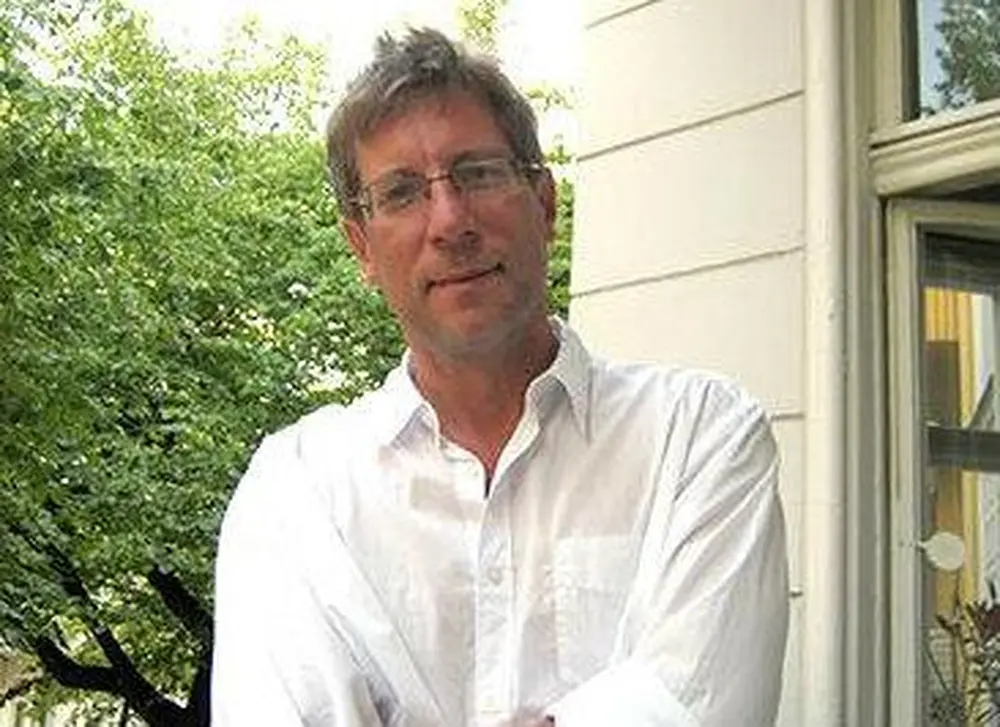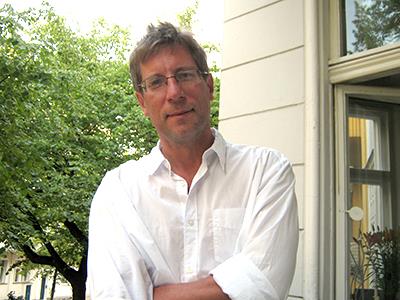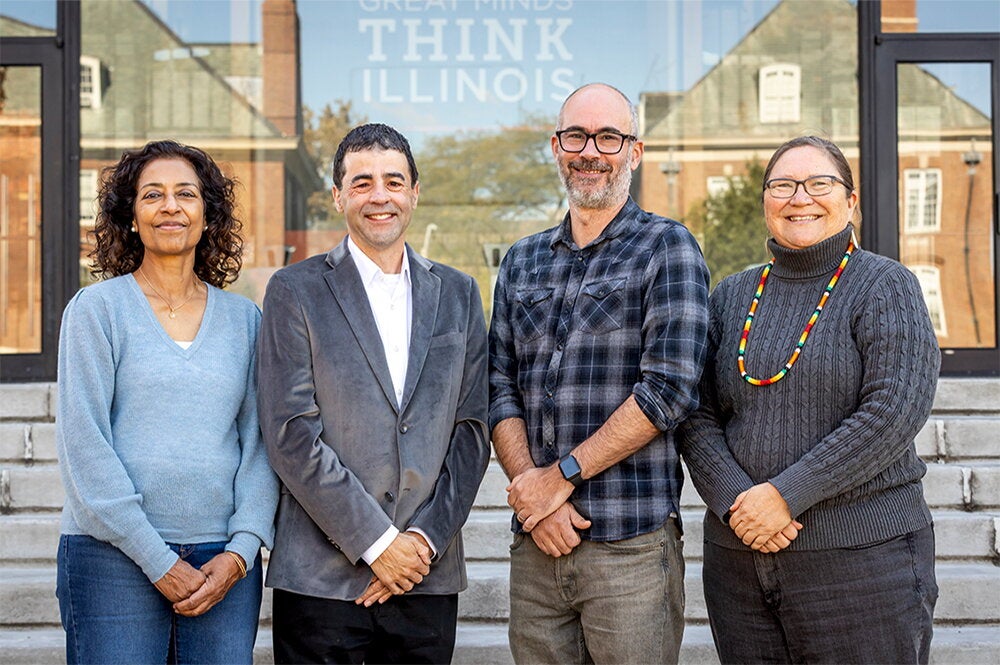

All of Germany was riveted last year by a three-part television miniseries, Generation War—the story of five Germans swept up in the titanic upheaval of World War II. Roughly 7 million viewers tuned in for each episode, sparking national debate in a country that has been grappling with the legacy of World War II for almost 70 years now.
While the miniseries was well-crafted, LAS history professor Peter Fritzsche says the problem is that the five main characters are depicted as “victims of circumstance,” swept up in events beyond their control. The Nazis, meanwhile, are portrayed as “separate” or isolated from the average German.
According to Fritzsche, this storyline ignores the fact that the Nazi party came to power because it appealed to many average Germans who were attracted to a social program that they initially viewed as moderate. One historian has even described the Nazis as the most popular dictatorship of the 20th century.
The National Socialist German Workers Party (the formal name for the Nazis) combined the nationalism of the right wing with the social policy of the left wing—“a kind of watered-down socialism,” Fritzsche says. This combination made Nazis “appealing to Germans who considered themselves threatened both by financial capitalism and Communism.”
Many Germans certainly were suspicious of the Nazis, but the National Socialists had a populist appeal, encouraging the country to come together as the Volksgemeinschaft—the “people’s community” working for the common good.
“They wanted to instill a feeling of responsibility for the whole, which meant having children, taking care of yourself, and maintaining race consciousness,” Fritzsche says. This race consciousness led to a staggering evil that has puzzled historians, who still struggle to explain how so many people could be swept up in the movement.
“For a long time, the sheer evil of the Third Reich made it seemingly improbable that there could be a set of rational explanations for why Hitler and the Nazis came to power,” says Fritzsche, author of the books Germans into Nazis and Life and Death in the Third Reich. As a result, historians have pointed to extreme circumstances for an answer—Germany’s humiliating defeat in World War I, the confusion of the 1918 revolution in Germany that brought the Weimer Republic into power, or the Great Depression, which hit Germany every bit as hard as the United States.
While those events played an important part in the process, Fritzsche says the Nazis appealed to the middle class by positioning themselves as a socially progressive and open party that worked at the grass roots to bring people of many backgrounds into the movement.
He says many Germans did not see it as inconsistent to be suspicious of the Nazi party and simultaneously embrace the Third Reich, which brought full employment by 1936. Of course, full employment was reached primarily because of a huge armaments program and plans for war; nevertheless, many Germans did not want to go back to the stagnant days before the Third Reich arose in 1933. Some people were able to separate the Nazis from the Third Reich in their minds.
The Third Reich appealed to many people, he says, because it “recovered the future tense for Germany. People saw that there could be a new Germany, both economically and in terms of social responsibility.”
Fritzsche’s father was not one of those, for he was suspicious of the Nazis all along. In 1945, when his father was drafted into the German military, the Wehrmacht, he hid out with a farmer for the remaining weeks of the war and walked home when it was over. Fritzsche’s father and mother then came to the United States in 1950.
According to Fritzsche, Germans at the time were well aware of the atrocities committed by the Nazis in 1941 in Russia, where Jews were massacred “in the shadow of their own homes, mostly by S.S. Death Squads, with many German soldiers as participants.”
Germans were also unsettled by the massive deportation of Jews from the country in 1942 and “there was more significant dissent with anti-Jewish policy than many historians had previously thought,” he says. “However, there was also a lot of complicity and a lot of silence.”
Fritzsche and others point out that in the German miniseries, Generation War, all of the anti-Semitic lines are spoken by Polish characters in the film—not Germans. This did not sit well with Polish audiences.
“So although the Germans were the architects of the Final Solution, it is the Poles who speak the anti-Semitic lines,” he says.
On the other hand, he says the film does not ignore anti-Semitism within Germany. One of the five main characters in the film is a Jewish man, and when he returns to Berlin after the war, he finds that his old apartment has been taken over by another family. This drives home the point that the goods of German Jews were confiscated and auctioned off.
Still, Fritzsche says the miniseries deemphasized the large-scale complicity of Germans with the Nazis and the people’s attraction to the Third Reich.
He points out that the youngest veterans of World War II are turning 87 this year. But even after all of this time, the soul-searching continues throughout Germany, as the television event demonstrated.
Fritzsche says he recently talked about the Third Reich and led a discussion among German high school students, and they lamented their heritage. “They said they would love to go on vacation to Italy and not be thought of as Germans and their grandparents as Nazis with World War II hanging over them.”
The discussion with high school students started at 5 p.m. and did not end until midnight, and even the janitors and teachers stayed on to talk. As Fritzsche notes, “the discussion goes on and on.”


